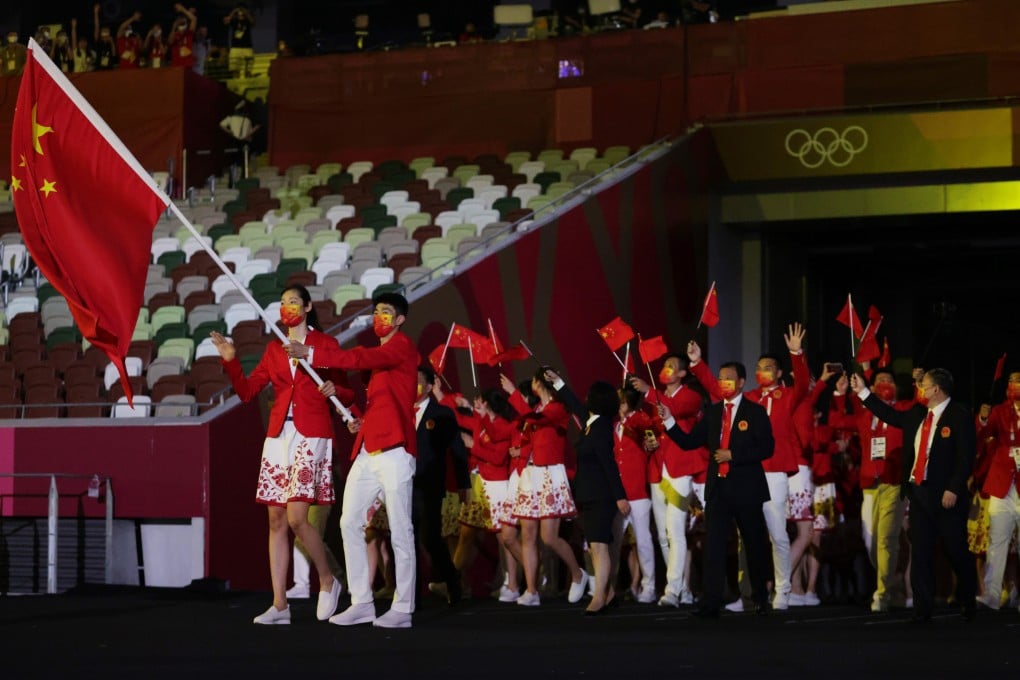Advertisement
Opinion | Sports diplomacy: China should try a new tack for the Belt and Road Initiative
- Ping-pong diplomacy paid off for China, more than ‘wolf warrior’ diplomacy has
- If the belt and road plan could help bridge the sporting infrastructure gap in countries, it would improve local sentiment and strengthen economic cooperation
Reading Time:3 minutes
Why you can trust SCMP

It’s Olympics season again, as sport fans around the world cheer on their national teams and peacefully project national pride. While the delayed Tokyo Olympics were clouded by disapproval at home over Covid-19 risks, the firm international support for the Games – including the attendance of the World Health Organization director general – speaks volumes.
This may provide a strong reference point for Beijing, which could improve its soft power through sports diplomacy as it host its first Winter Olympics next year (never mind calls for boycotts).
History has shown that sports diplomacy breaks down barriers between nations. After all, China itself slowly normalised relations with the United States in the 1970s, with table tennis champion Zhuang Zedong as a key figure in ping-pong diplomacy. This was a diplomatic victory that preceded more than four decades of trade relations.
Advertisement
President Xi Jinping is a massive football fan and wishes to use the game to extend Chinese influence abroad. Perhaps sport can be one of China’s attractions and a conduit for cultural relations with many belt and road countries.
The Belt and Road Initiative has inevitably become a matter of controversy in the West, amid tales of corruption and allegations of debt traps. While not all the blame can be laid at China’s door, it may have still lost some public support among the belt and road nations.
At the same time, scepticism has grown over major Chinese investments abroad and foreign governments have become unusually strict, whether in vetting investments or targeting investment areas associated with the Chinese.
Advertisement
Select Voice
Select Speed
1.00x
